Students continue to struggle to find housing, while some fear a cap on study permits has unfairly 'scapegoated' international students
Published Sep 03, 2024 • Last updated 0 minutes ago • 9 minute read

As the days tick down to the start of the school year, Sanjeev Rai faces the possibility of landing at YVR with nowhere to go.
After he came close to falling for a rental scam, the 39-year-old international student from Bengaluru, India, has been cautiously trying to find a place to live near Simon Fraser University’s downtown campus. If his online queries continue to come up short, he plans to rent an Airbnb for the first few weeks of school and continue the search in person.
Advertisement 2
THIS CONTENT IS RESERVED FOR SUBSCRIBERS ONLY
Subscribe now to read the latest news in your city and across Canada.
- Unlimited online access to articles from across Canada with one account.
- Get exclusive access to the Vancouver Sun ePaper, an electronic replica of the print edition that you can share, download and comment on.
- Enjoy insights and behind-the-scenes analysis from our award-winning journalists.
- Support local journalists and the next generation of journalists.
- Daily puzzles including the New York Times Crossword.
SUBSCRIBE TO UNLOCK MORE ARTICLES
Subscribe now to read the latest news in your city and across Canada.
- Unlimited online access to articles from across Canada with one account.
- Get exclusive access to the Vancouver Sun ePaper, an electronic replica of the print edition that you can share, download and comment on.
- Enjoy insights and behind-the-scenes analysis from our award-winning journalists.
- Support local journalists and the next generation of journalists.
- Daily puzzles including the New York Times Crossword.
REGISTER / SIGN IN TO UNLOCK MORE ARTICLES
Create an account or sign in to continue with your reading experience.
- Access articles from across Canada with one account.
- Share your thoughts and join the conversation in the comments.
- Enjoy additional articles per month.
- Get email updates from your favourite authors.
Sign In or Create an Account
or
Article content
“I didn’t expect it to be this cumbersome or difficult to find housing,” Rai said on the phone Wednesday from his home in India. “You don’t know who you can trust.”
Cost is also a concern. Rai hopes to pay $800 a month for a place within 30 minutes of downtown Vancouver, but most of the listings he’s seen are double that.
As required to get a study visa, he has proof of financial support — in his case a $20,000 GIC from a Canadian bank to show he can cover his expenses while in Canada — but he’s not certain it will be enough. He hopes to find roommates and a part-time job to help.
In B.C.’s high-rent, low vacancy rental market, where thousands of students are on waiting lists for on-campus housing, international students are among those struggling to find a place to live. They’re also the subject of government measures partially aimed at freeing up more housing.
But seven months after the federal government announced a 35 per cent reduction in international study permits, citing pressure on housing and health care, it remains unclear if the cap has had an impact on B.C.’s rental market.
Advertisement 3
Article content
Over the first six months of this year, about 5,000 more study permits were issued in B.C. compared with the same period in 2023, according to data from Immigration, Refugees and Citizenship Canada. Numbers for July and August aren’t yet available, but experts believe it could take several years for the cap on international students to slow demand for rental housing in a meaningful way.
Meanwhile, student groups say international students have been unfairly scapegoated for problems with complex causes, including a lack of affordable rental housing and underfunding of post-secondary education.
“You can’t blame international students for the housing crisis,” said Jessie Naadei Niikoi, chairwoman of the B.C. Federation of Students. “And you’re not going to fix the issues with an international student cap.”
Effects of cap unclear
For the first time in several years, rental prices in some Metro Vancouver cities were actually lower this August than the previous year, according to figures from liv.rent, an online rental platform that tracks listing prices.
By signing up you consent to receive the above newsletter from Postmedia Network Inc.
Article content
Advertisement 4
Article content
The rent for a one-bedroom unfurnished unit dropped by about 11 per cent in Surrey this August compared with August 2023 — a sharp contrast from the previous summer, when liv.rent reported a 27 per cent year-over-year increase in Surrey. Rents also dropped in Vancouver and Richmond, but rose in Coquitlam.
The rental platform suggested the decrease could be “potentially influenced by factors such as stricter Canadian visa rules for international students,” but didn’t offer support for that analysis.
RBC economist Rachel Battaglia said rental market data is “notoriously hard to find.” CMHC puts out its annual report in January, making it difficult to track what’s happening during the year. Sites like live.rent don’t necessarily provide a complete picture of the entire rental market or how much rental housing is available.
Battaglia said her research has led her to believe the international student cap will not immediately reduce demand for rental units, but it should slow its growth.
“The number of international students living in Canada — and rental units they need — would eventually decline if the cap is maintained at the current level and beyond its expiry in 2025,” she said.
Advertisement 5
Article content
That’s because “inflow is just one piece of the discussion,” and the number of permits issued isn’t the only factor that determines how many international students are studying in Canada at a given time. The number of students that arrived in prior years, the share of applicants that go on to enrol and what students do when their permits expire also play a role, she said.
Canada doesn’t have an effective way of understanding “who stays” after students have finished their studies, said Stephen Pomeroy, a senior research fellow for the Centre for Urban Research and Education at Carleton University in Ottawa.
While he believes the increase in international student numbers — from 352,000 in 2015 to more than one million last year — has had a big impact on Canada’s rental market, it will take time for the market to “rebalance” as fewer study permits are issued.
It’s unclear whether there are fewer international students seeking housing in B.C. this fall than in previous years.
In July, the B.C. government said international students from 150 countries account for nearly 40 per cent of the 533,000 students enrolled in B.C. post-secondary institutions, including private colleges and trade schools.
Advertisement 6
Article content
In response to the federal cap, B.C. introduced new guidelines limiting the number of international students at public post-secondary schools to 30 per cent. There is no cap for private institutions.
Just three public universities — Kwantlen Polytechnic University, Langara College and Capilano University — had above 30 per cent enrolment of foreign students last year.
Postmedia News contacted several B.C. universities to ask for September enrolment data but was told final numbers wouldn’t be available until mid-September.
Capilano said it has 3,985 international students enrolled for September, compared with 4,063 in September 2023.
SFU said international student enrolment has been “relatively stable” at about 18 per cent of total enrolment over the last several years, with about 4,707 students in 2023 compared with 5,453 students in 2020.

KPU said it has seen international student enrolment decline slightly in recent years, with 5,786 students in 2023 compared with 5,961 the year before.
Declines in international student enrolment that began during COVID-19 were cited during budget and staffing discussions at several B.C. post-secondary institutions this spring, including SFU, the University of Victoria, Vancouver Island University, Langara and UBC Okanagan.
Advertisement 7
Article content
Against that backdrop, about 5,000 more study permits were issued in B.C. between January and June of this year compared with the same period in 2023, according to the most recent data from Immigration, Refugees and Citizenship Canada.
Numbers for July and August aren’t yet available, according to a spokesperson, who noted applications aren’t necessarily processed in the year they’re received, so permits issued in 2024 include applications received before the new limits were announced. There is sometimes a lag time between permit approvals and when students arrive, with about eight per cent of new students coming to Canada to begin their studies the following year.
‘Scapegoats’ for a complex problem
Ishant Goyal doesn’t question that it’s hard for students to find housing.
“I speak to students every day. The most common question is about how to find housing,” said the former international student and chairman of the Alliance of B.C. Students.
But Goyal and others are skeptical of the narrative about the international student cap and the impact it could have on rental housing.
Advertisement 8
Article content

“International students have become the scapegoats,” said Niikoi, chairwoman of the B.C. Federation of Students, which is calling on government to cap the annual allowable tuition increase for international students, similar to the way tuition increases are limited to two per cent per year for domestic students.
Niikoi said the federation has heard from both domestic and international students who must choose between shelter, food and paying tuition as the cost of all three have risen.
The solution, she believes, is more government funding for post-secondary education in B.C. so institutions don’t have to rely on international student tuition, which is sometimes four times the cost of tuition for domestic students.
According to the federation, seven out of B.C.’s 11 universities receive more revenue from tuition fees than from operating grants provided by the provincial government. In 2000, provincial funding made up 68 per cent of post-secondary operational revenue. In 2023, it made up just 40 per cent.
Rising international student tuition fees have helped make up the shortfall, providing, on average, about 23 per cent of post-secondary revenue in B.C. At the University of Victoria, international students represent 11 per cent of the student population, while their tuition accounts for one-third of its revenue, according to budget documents.
Advertisement 9
Article content
At UBC, an international student could expect to pay $45,000 a year in tuition last year, nearly five times more than a domestic student. At KPU, international tuition of more than $21,000 a year is 4 1/2 times higher than for domestic students.
“International students shouldn’t be the piggybank that helps universities operate,” said Emily Tang, vice-president of the UBC Graduate Student Society.
She’s heard about international students “crammed into small spaces,” including bedrooms with no windows. They might not have a formal lease, which makes them vulnerable to fraud and, for female students in particular, exploitation.
Cap unlikely to open up many units, prof says
Lilach Marom, a professor in SFU’s education faculty who has interviewed international students, doesn’t believe reducing the number of international students entering Canada will have a dramatic impact on the rental market for that reason.
“Many of these students live in sub-optimal conditions — basement suites with eight other people — I think it’s a bit of a stretch to say that’s going to open up more units,” she said.
Advertisement 10
Article content
A Statistics Canada report released in May found international students were more likely to live in “unsuitable housing” than Canadian-born students, with 61 per cent of international students in Surrey living in unsuitable housing in 2021 compared with 17 per cent of Canadian-born students in Surrey.
In Vancouver, 29 per cent of international students lived in unsuitable housing, compared with 15 per cent of Canadian-born students.
In its annual academic experience survey, the University of B.C.’s Alma Mater Society found about eight per cent of all students experienced some kind of homelessness, said AMS president Christian Kyle.
Out of about 3,500 respondents, about a quarter of whom were international students, 57 per cent said they had experienced financial hardship related to housing, up from 40 per cent in 2021. Eight per cent said they lacked a fixed nighttime residence and had resorted to couch surfing, living on the streets, in a public space without consent or in an emergency shelter.
Experts and students agree that the best way forward is to increase the supply of housing.
Advertisement 11
Article content
UBC has housing for about 27 per cent of its full-time students this year, with the opening of a new residence. Its waiting list peaked at 7,000 people this summer, compared with 8,000 last summer.
Several other schools have also added beds this year, or have more on the way, including SFU, which has housing for about six per cent of its student population.
Earlier this month, the B.C. government announced its largest ever investment in student housing, partnering with UBC to create new homes for 1,500 graduate students on the Vancouver campus. The estimated $560 million project will be funded with $300 million from the province and $260 million from UBC.
But the housing isn’t expected to be ready for at least another four years, in 2028.
With Postmedia News files
Recommended from Editorial
-

Vancouver's Langara College among those bracing for drastic plunge in foreign students
-

B.C. student groups welcome strengthened rules for international students
-

B.C. caps international post-secondary student enrolment at 30 per cent of tota
-

B.C. plans crackdown on private colleges as Ottawa announces international student cap
Bookmark our website and support our journalism: Don’t miss the news you need to know — add VancouverSun.com and TheProvince.com to your bookmarks and sign up for our newsletters here.
You can also support our journalism by becoming a digital subscriber: For just $14 a month, you can get unlimited access to The Vancouver Sun, The Province, National Post and 13 other Canadian news sites. Support us by subscribing today: The Vancouver Sun | The Province.
Article content
.png)
 2 weeks ago
18
2 weeks ago
18





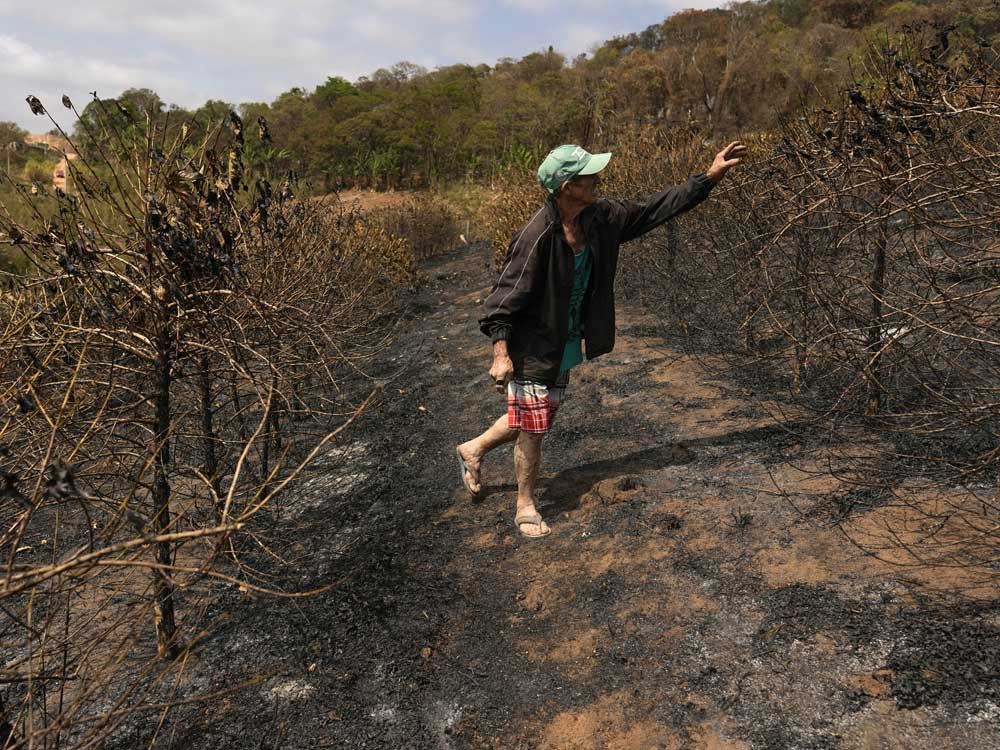

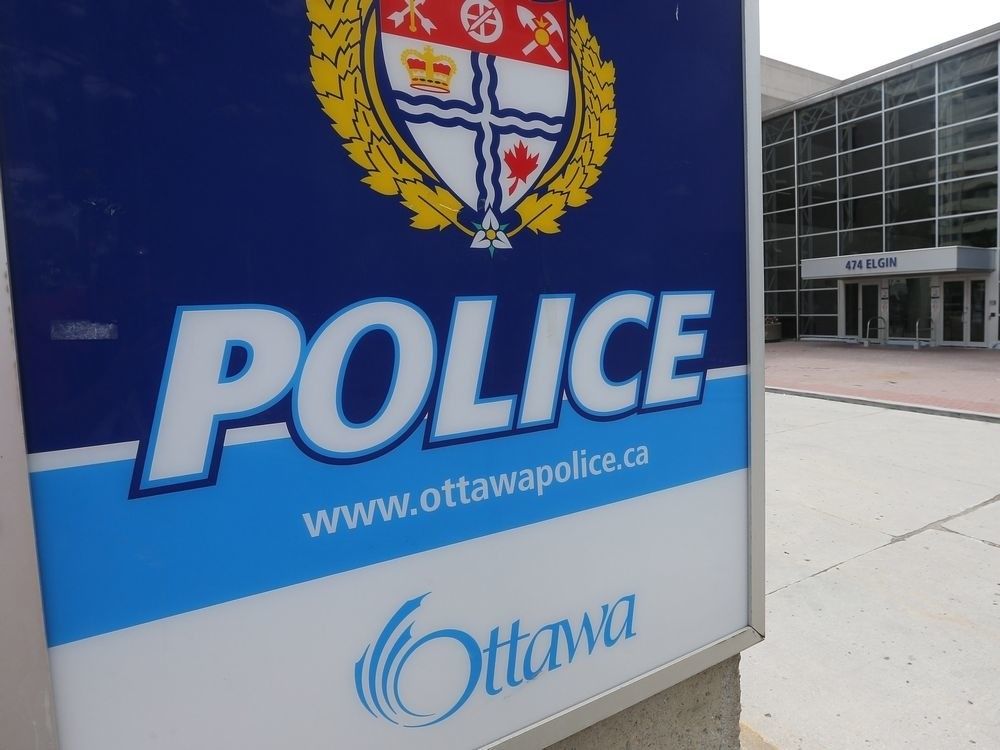
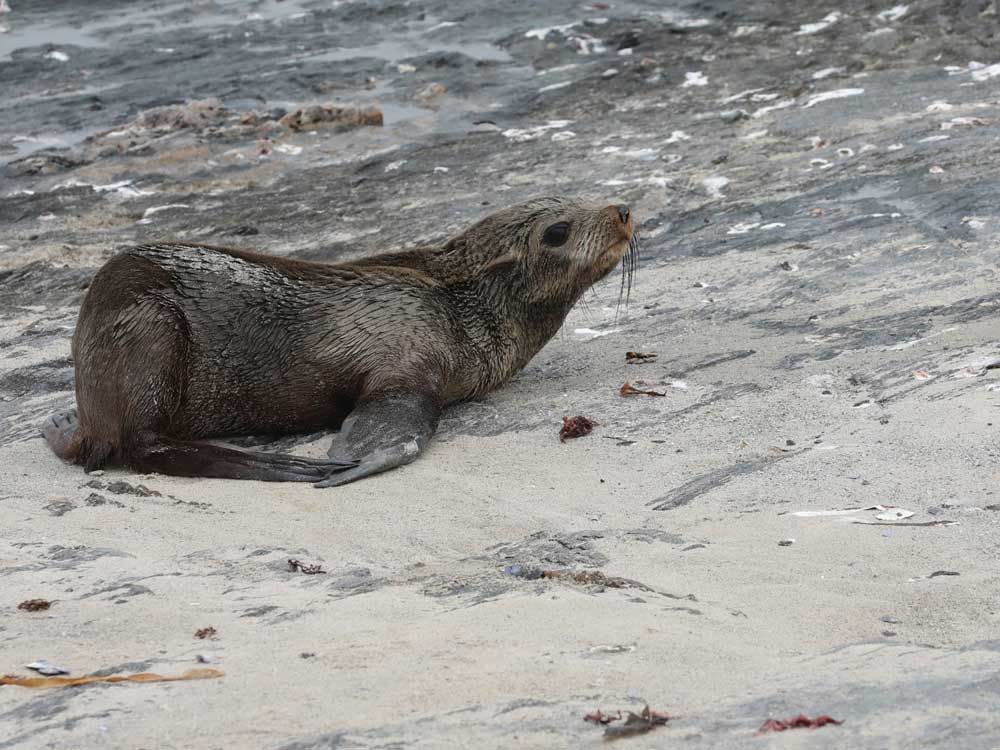


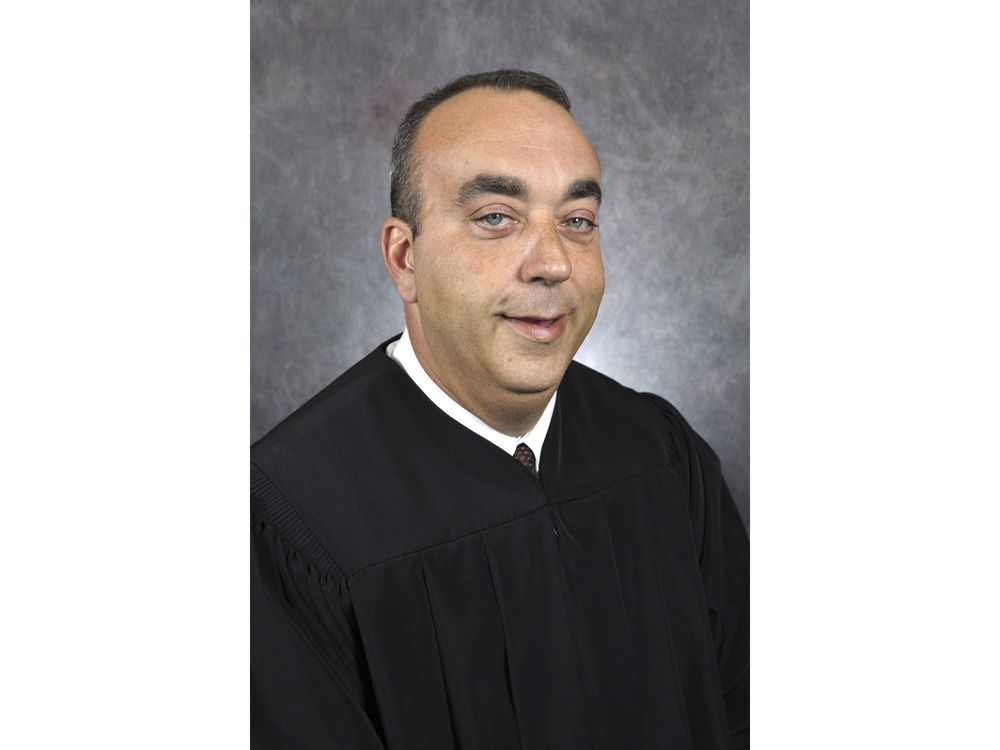
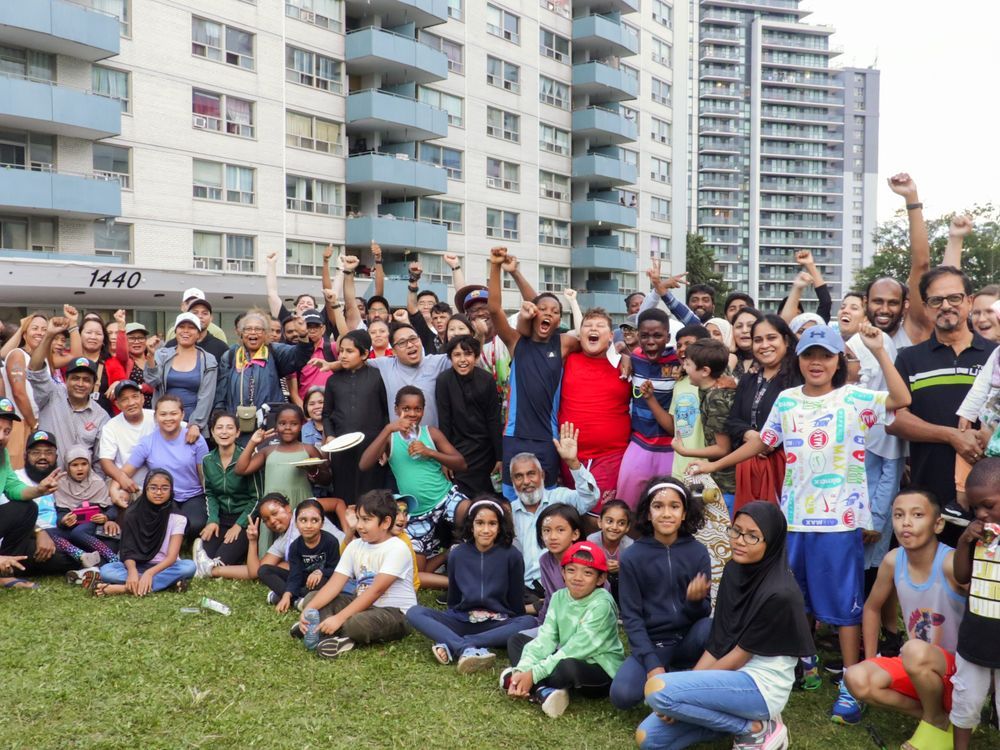


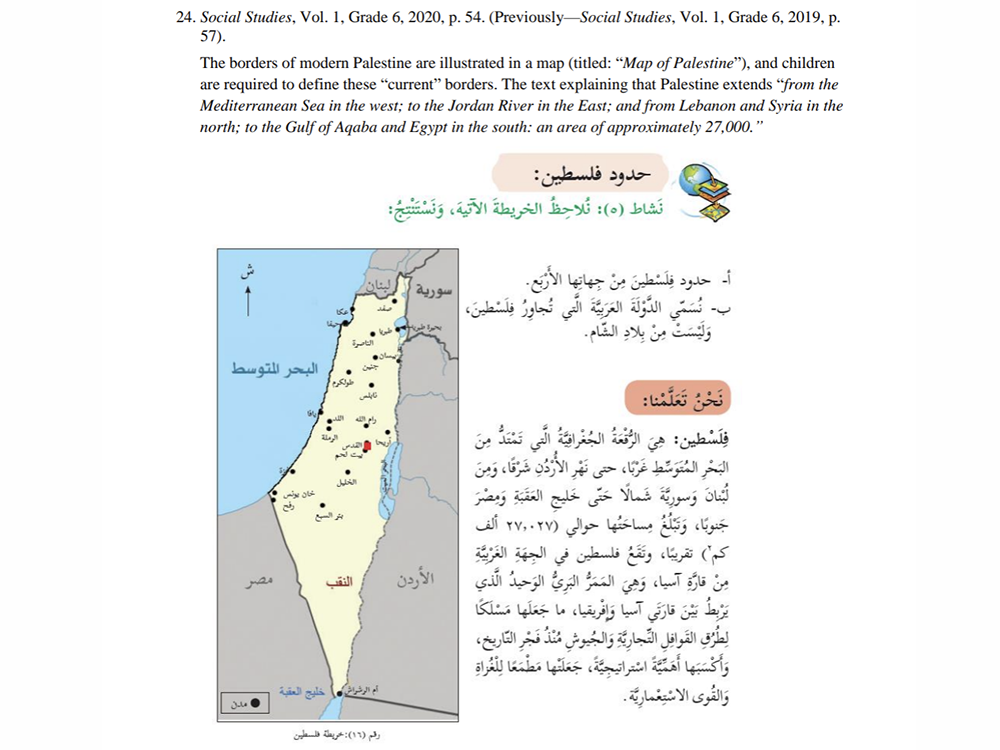





















 Bengali (BD) ·
Bengali (BD) ·  English (US) ·
English (US) ·